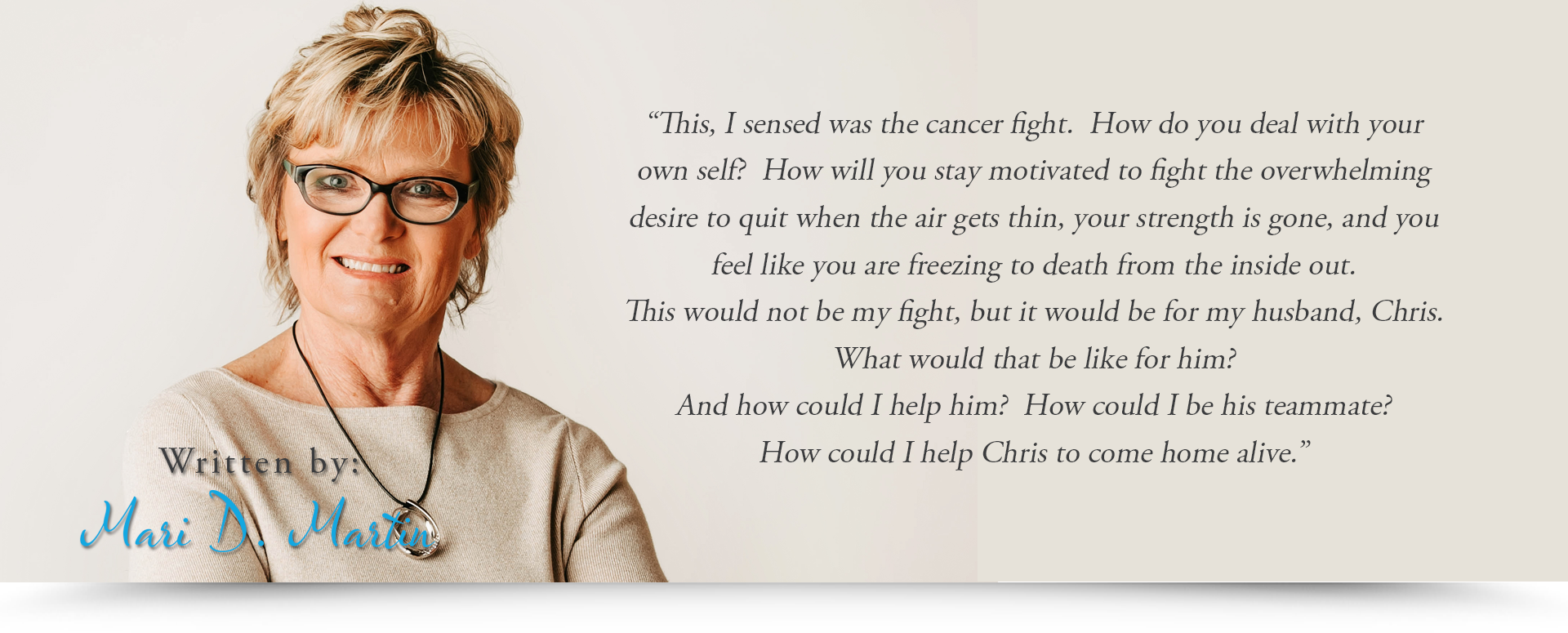It’s fun to be a fly on the wall at the community swimming pool. Children are the hotbed for understanding human nature at its rawest. They start with a friendly game of Marco Polo. Then move on to a challenge for who can hold their breath for the most seconds, or swim the longest distance, or swim the fastest, or dive the best, or cannonball with the biggest splash. Somewhere along the line one of the children starts to make more complex rules for a game, raises the volume in his voice when his friends aren’t more than two feet away, and starts to scream orders. Some children refuse to participate in those antics and swim away. For others it tests their mettle and finally out it comes, “I’m Done.”
Asking for help is going to get a patient much farther than delegating the help they need. Bring me, get me, and do this for me gets old very fast for the caregiver. Every person wants to be useful. It is attached to our need for a purpose each and every day. When a patient becomes disabled and can’t walk any longer, or make a meal, or dress themselves they move into a period of uselessness. If the caregiver gives in to concessions that the person actually could do for themselves, then watch out, because in not too long of a time, the caregiver starts to feel bitterness and resentment. A better thing for the caregiver to do is to turn the request around immediately.
Here’s the scenario. Let’s say that the patient wants to have people over for dinner to enjoy time together. It was the patient’s idea. Not the caregiver’s. The caregiver needs to involve the patient in whatever way they can. Maybe they can’t fully prepare the meal, but they could call the people, send a text message, or somehow get involved in their plan for people to come over. When the conversation goes like this, “you figure out what the best pizza place is in town and order the amount we need and go and pick those up.” The next words that are either said or thought, are, “I’m done.” Caregivers, stay strong and say, “I might suggest we order the pizzas from Giuseppe’s. Look up their menu on-line and call the number to order the pizzas. I will be happy to pick them up at 5 p.m.” The patient feels useful, and the caregiver hasn’t turned into the slave.
Patients understand–slavery is not sustainable. Don’t let your caregiver get to the point of saying, I’m Done.

